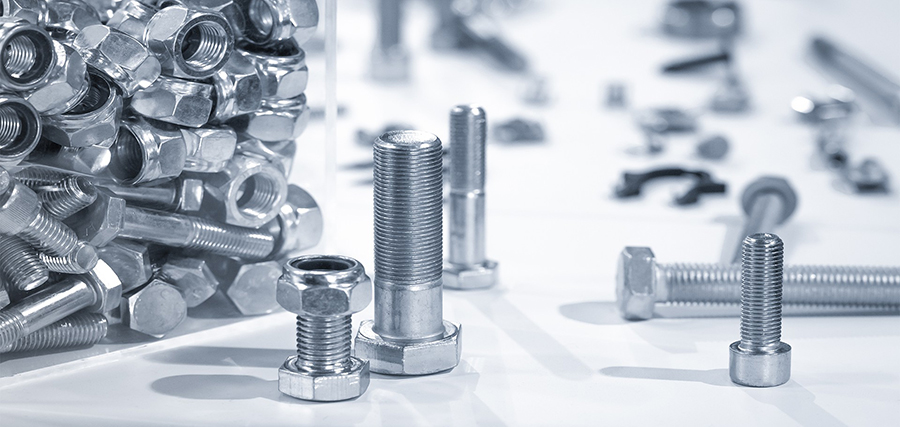
-
 Afrikaans
Afrikaans -
 Albanian
Albanian -
 Amharic
Amharic -
 Arabic
Arabic -
 Armenian
Armenian -
 Azerbaijani
Azerbaijani -
 Basque
Basque -
 Belarusian
Belarusian -
 Bengali
Bengali -
 Bosnian
Bosnian -
 Bulgarian
Bulgarian -
 Catalan
Catalan -
 Cebuano
Cebuano -
 Corsican
Corsican -
 Croatian
Croatian -
 Czech
Czech -
 Danish
Danish -
 Dutch
Dutch -
 English
English -
 Esperanto
Esperanto -
 Estonian
Estonian -
 Finnish
Finnish -
 French
French -
 Frisian
Frisian -
 Galician
Galician -
 Georgian
Georgian -
 German
German -
 Greek
Greek -
 Gujarati
Gujarati -
 Haitian Creole
Haitian Creole -
 hausa
hausa -
 hawaiian
hawaiian -
 Hebrew
Hebrew -
 Hindi
Hindi -
 Miao
Miao -
 Hungarian
Hungarian -
 Icelandic
Icelandic -
 igbo
igbo -
 Indonesian
Indonesian -
 irish
irish -
 Italian
Italian -
 Japanese
Japanese -
 Javanese
Javanese -
 Kannada
Kannada -
 kazakh
kazakh -
 Khmer
Khmer -
 Rwandese
Rwandese -
 Korean
Korean -
 Kurdish
Kurdish -
 Kyrgyz
Kyrgyz -
 Lao
Lao -
 Latin
Latin -
 Latvian
Latvian -
 Lithuanian
Lithuanian -
 Luxembourgish
Luxembourgish -
 Macedonian
Macedonian -
 Malgashi
Malgashi -
 Malay
Malay -
 Malayalam
Malayalam -
 Maltese
Maltese -
 Maori
Maori -
 Marathi
Marathi -
 Mongolian
Mongolian -
 Myanmar
Myanmar -
 Nepali
Nepali -
 Norwegian
Norwegian -
 Norwegian
Norwegian -
 Occitan
Occitan -
 Pashto
Pashto -
 Persian
Persian -
 Polish
Polish -
 Portuguese
Portuguese -
 Punjabi
Punjabi -
 Romanian
Romanian -
 Russian
Russian -
 Samoan
Samoan -
 Scottish Gaelic
Scottish Gaelic -
 Serbian
Serbian -
 Sesotho
Sesotho -
 Shona
Shona -
 Sindhi
Sindhi -
 Sinhala
Sinhala -
 Slovak
Slovak -
 Slovenian
Slovenian -
 Somali
Somali -
 Spanish
Spanish -
 Sundanese
Sundanese -
 Swahili
Swahili -
 Swedish
Swedish -
 Tagalog
Tagalog -
 Tajik
Tajik -
 Tamil
Tamil -
 Tatar
Tatar -
 Telugu
Telugu -
 Thai
Thai -
 Turkish
Turkish -
 Turkmen
Turkmen -
 Ukrainian
Ukrainian -
 Urdu
Urdu -
 Uighur
Uighur -
 Uzbek
Uzbek -
 Vietnamese
Vietnamese -
 Welsh
Welsh -
 Bantu
Bantu -
 Yiddish
Yiddish -
 Yoruba
Yoruba -
 Zulu
Zulu
Different Types of Thread Rolling Machines and Their Manufacturing Processes
Understanding Types of Thread Rolling Machine Factories
Thread rolling is a significant manufacturing process used to create threads on a variety of metal parts, essential for countless applications in industries such as automotive, aerospace, and machinery. The process is carried out using thread rolling machines, which can vary widely in design, functionality, and output. This article explores the different types of thread rolling machine factories and the machines they produce, shedding light on their features and applications.
Types of Thread Rolling Machines
Thread rolling machines fundamentally fall into three main categories flat dies, cylindrical dies, and planetary rolling machines
. Each serves distinct purposes and is chosen based on the specific requirements of the manufacturing process.1. Flat Die Thread Rolling Machines Flat die machines are ideal for producing external threads on cylindrical parts. They utilize two flat dies that apply pressure to the metal workpiece, causing the material to flow into the desired thread shape. This method is popular for producing bolts, screws, and other fasteners in large quantities. A typical flat die machine can efficiently roll threads of varying sizes and shapes, making it a versatile choice for many industries. Factories that specialize in these machines often focus on precision engineering and quality control to meet client specifications.
2. Cylindrical Die Thread Rolling Machines Unlike flat die machines, cylindrical die machines use a set of cylindrical dies that rotate around the workpiece. This rolling method is more suitable for making intricate threads with high strength and durability. It is often used for manufacturing high-tension bolts and specialized fasteners. Factories producing cylindrical die thread rolling machines emphasize advanced design techniques and material analysis to optimize performance and longevity.
3. Planetary Thread Rolling Machines Planetary machines employ multiple dies that rotate around the workpiece simultaneously, allowing for the efficient creation of complex thread profiles. This type of machine is known for its high production rates and is particularly valuable in producing large batches of industrial fasteners. Factories that focus on planetary thread rolling machines invest significantly in automation and computerization, which enhances precision and allows for customization according to customer needs.
types of thread rolling machine factory

Factory Capabilities and Technology
Modern thread rolling machine factories leverage advanced technologies to improve productivity and ensure the accuracy of their machines. Automation plays a crucial role, with automated loading and unloading systems streamlining operations. CNC (Computer Numerical Control) technology is also becoming increasingly prevalent, allowing for precise control over the rolling process and enabling the manufacturing of highly complex thread designs.
Materials used in the production of thread rolling machines are another critical factor. High-strength alloys and specialized coatings are often employed to enhance the wear resistance and overall longevity of the machines. Factories are continually exploring new materials and technologies to push the boundaries of what is possible in thread manufacturing.
Quality Assurance and Standards
Factories specializing in thread rolling machines adhere to stringent quality control measures. This involves rigorous testing of both the machines and the threads produced to ensure they meet industry standards and customer specifications. Quality assurance teams monitor every stage of production, from sourcing raw materials to the final assembly of machines. Certifications such as ISO 9001 are often pursued to demonstrate commitment to quality and customer satisfaction.
Conclusion
In conclusion, the realm of thread rolling machine factories is diverse, with each type of machine catering to specific industrial needs. From the versatile flat die machines to the intricate cylindrical and planetary machines, the choice of technology significantly impacts the manufacturing process and product quality. As industries continue to evolve, so too will the innovations within thread rolling machine technology, driven by the demands for efficiency, precision, and quality. Companies in this sector must stay ahead by investing in cutting-edge technologies and maintaining stringent quality assurance practices, ensuring they meet the dynamic needs of the global market.
